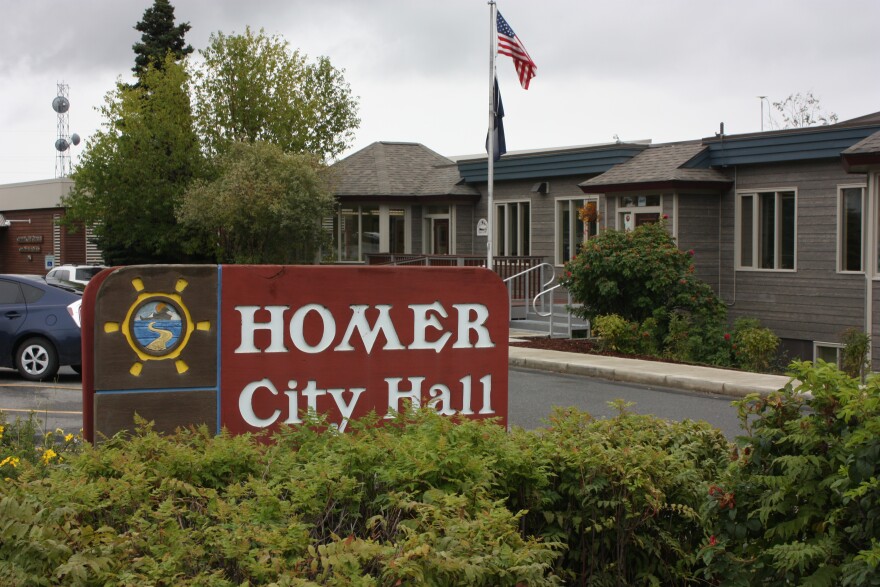The June 13 City Council meeting discussed only a few items during the public hearing. The first, Ordinance 22-29 would authorize $150,000 from the Sewer Capital Asset Repair and Maintenance Allowance fund for sewer manhole repair and replacement for the East Road repavement project. It passed unanimously.
Next was Ordinance 22-30 an ordinance of the City Council of Homer Alaska amending the FY 22 capital budget by appropriating $18,150 from the general fund capital asset repair and maintenance funds for the purpose of upgrading software licenses for the city's security camera systems.
Ordinance 22-34 was also introduced. It will appropriate nearly half a million dollars to repair a broken clarifier belt at the wastewater treatment plant. During the committee of the whole, Homer Public Works Director Jan Keiser explained why this repair was so important.
“So this is a long rectangular tank that stands about maybe four foot tall, if 75 foot long, 13 feet or so wide. This is a big bathtub. So the sewage goes in this big bathtub as part of the sewer treatment process. And it generates foam. And the skimmers, which are these horizontal things that go across the tank, skim the foam off the tank. So this is original equipment, we have two of these clarifiers. It's original equipment, which means it was installed in 1990, in one of the most corrosive environments known to man, a sewer treatment plant.”
After one of the chain links broke on the skimmer, the maintenance crew noticed many of the other links were in critical condition. The wastewater facility has two tanks, and according to Keiser and the broken tank was the backup. This means that the tank had less operating hours than the original tank, and both tanks might need to be replaced.
“We lose both of these tanks, we got a real problem,” said Keiser. “We’ve got no ability to skim the foam off, which is an integral part of the treatment process. And we would in no question be in violation of our NPDES permitting process.”
Ordinance 22-34 was amended and the substituted ordinance will have its second and final reading at the next regular City Council meeting on June 27.
Another topic that was mentioned by three of the Councilmembers and one member of the public during their closing statements, was the safety of pedestrians and bicyclists. Councilmembers Lord and Venuti stressed the importance of vehicles to yield to pedestrians at crosswalks. Councilmember Donna Aderhold said she wanted the public to understand the rights of cyclists on the road. In her final statements read a section of Alaska State Code regarding the regulations to bicycles.
“So, legalese aside, what that is saying is that bicycles belong on the roads. We have rights to be on the roads,” said Aderhold. “So I want everybody, everybody listening, everybody here at this table to remember, it is appropriate for bicycles to be on the road. And so please respect bicycles and give us some room.”
At Monday’s meeting Alaska House Representative Sarah Vance addressed the Council about her work in the legislature this year. KBBI will have a full summary of Representative Vance’s presentation.
The next regular meeting of the City Council will be held at 6 PM on June 27. KBBI will broadcast the meeting live. You can listen right here at KBBI AM 890 or stream live at kbbi.org.



